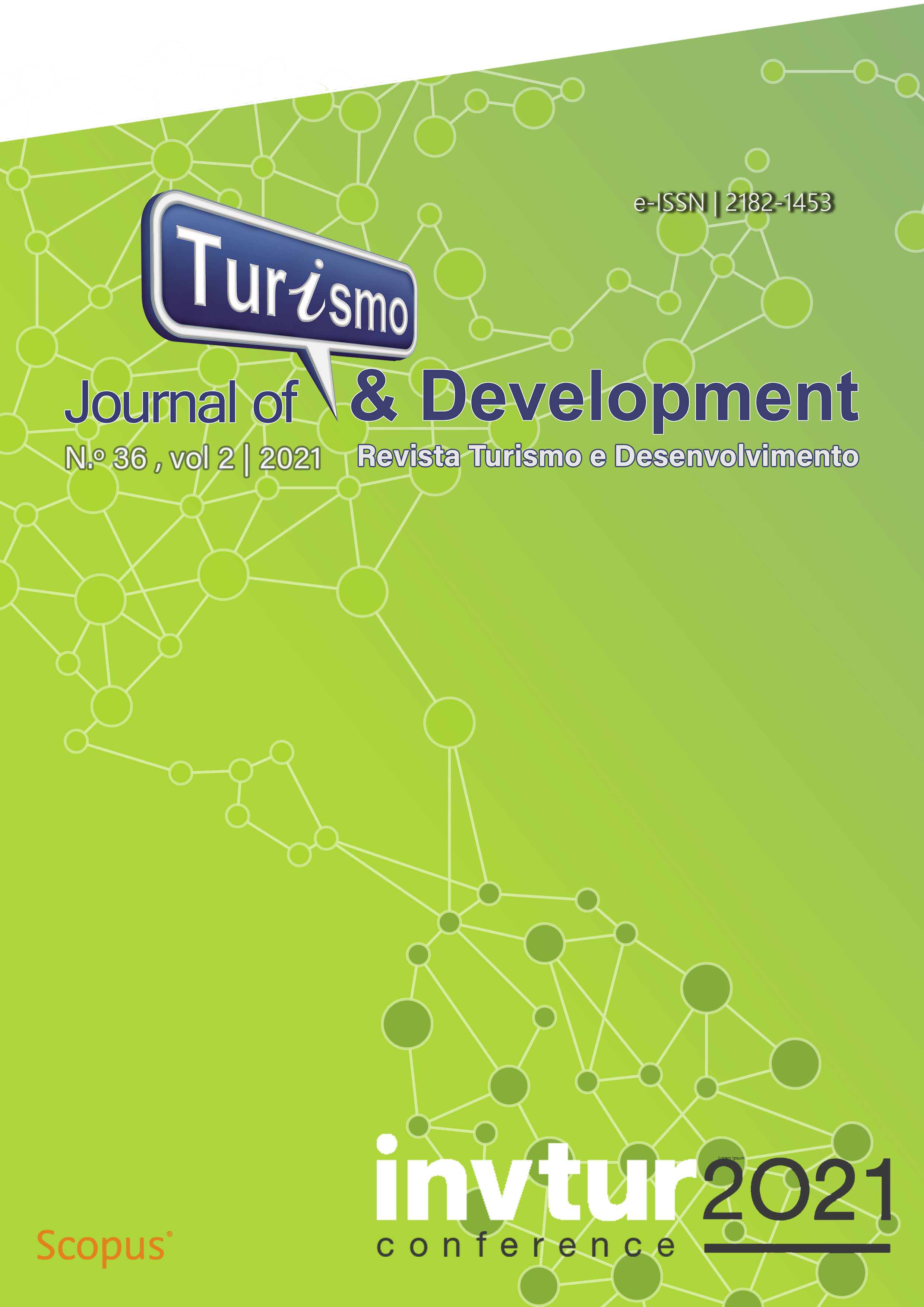Performance measurement in hotels: a case study of Pestana Pousadas de Portugal
Resumo
The desire to achieve success is currently a daily concern for any company, but it is not always explicitly described and defined. For this reason, measuring performance is essential to transform the complex reality of business into explicit and concrete concepts, which can be easily implemented. One of the most popular approaches to performance measurement is the identification of Critical Success Factors (CSFs).
Within the hotel industry, performance measurement is increasingly important due to the growing importance of the value of human resources and competitiveness, which implies constantly looking for ways to improve the level of quality, reputation, and increase profit. The studies applied to this specific sector are relatively scarce, especially regarding hotel establishments of the "pousada" type. Thus, the main objective of this investigation is to identify and analyze the most critical success factors for Pestana Pousadas de Portugal and the respective key performance indicators (KPIs).
The applied methodology went through a fusion of all the information reviewed in the literature and resulted in the formulation of three dimensions of analysis. These elements were included in the data collection instrument. The data collection granted to obtain 19 personal interviews addressed to the directors and managers of Pousadas de Portugal.
The analysis of the data allowed to conclude that the most important objective in the opinion of the respondents is customer satisfaction. In general, the resulting set of the most important CSFs corroborates the set of most prominent CSFs in the literature. In terms of KPIs, respondents proposed several indicators, including financial and non-financial indicators.





